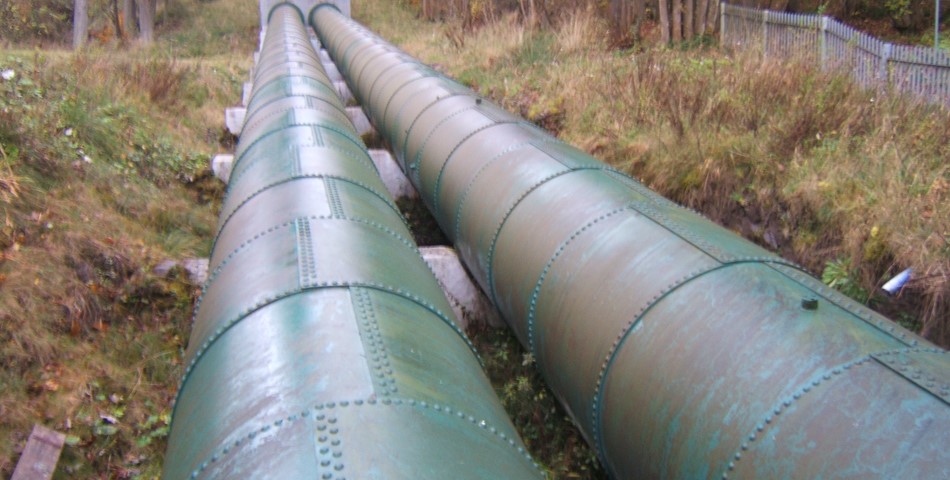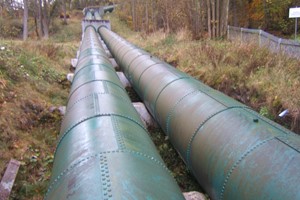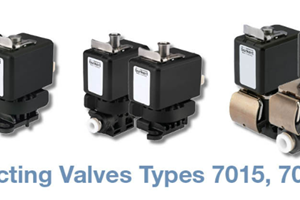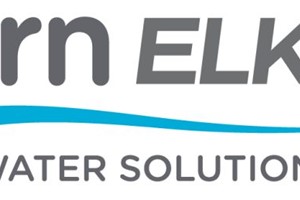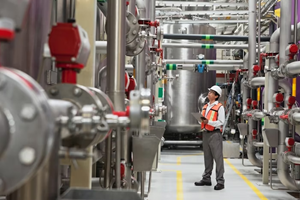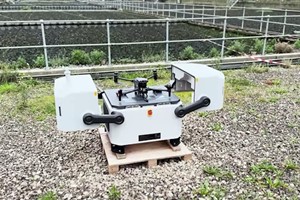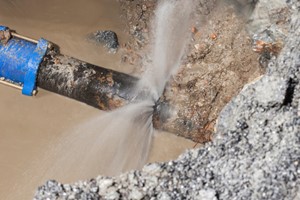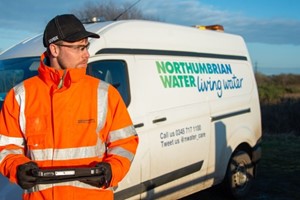Water infrastructure, the backbone of modern society, is undergoing a period of significant transformation. While traditional materials and methods have served us well, contemporary demands necessitate advancements in water pipe design. This article explores several recent design innovations that address critical challenges faced by today's businesses and municipalities, along with companies at the forefront of these advancements.
Bio-Based Resins for Sustainable Solutions:
Driven by environmental concerns, the development of bio-based resins for pipe production represents a significant leap forward. These innovative materials offer a sustainable alternative to traditional petroleum-derived resins used in PVC pipes. Bio-based resins are derived from renewable resources such as plant starches or cellulose, reducing the environmental footprint associated with pipe production. This eco-friendly approach caters to businesses and organizations prioritizing sustainability in their infrastructure projects.
Several companies are actively developing bio-based resins for pipe production. Uponor, a leading provider of plumbing products, introduced its Uponor Bio-based Heating PEX pipe in 2021, utilizing a bio-based polyethylene derived from sugarcane. Wavin, another major player in the piping industry, launched its EcoPEX bio-based pipe series in 2022, which incorporates bio-based PE made from non-food sources.
Self-Healing Polymeric Networks for Enhanced Resilience:
A novel concept gaining traction is the development of water pipes with self-healing polymeric networks. These ingenious pipes incorporate microscopic capsules containing healing agents. Upon detection of a crack or leak, the capsules rupture, releasing the healing agent which fills the void, effectively self-sealing the pipe. This technology offers substantial benefits by minimizing water loss, reducing repair costs, and improving the overall resilience of water distribution systems.
Companies like Autonomic Materials are at the forefront of self-healing pipe technology. Their autonomic healing microcapsules can be incorporated into various pipe materials, offering the potential for a significant leap in infrastructure resilience.
Continuous Fiber-Reinforced Polymer (CFRP) Pipes for High-Pressure Applications:
For high-pressure water applications, continuous fiber-reinforced polymer (CFRP) pipes are emerging as a compelling alternative to traditional steel pipes. CFRP pipes boast exceptional strength-to-weight ratios, offering superior performance at a fraction of the weight. Additionally, CFRP pipes exhibit excellent corrosion resistance, eliminating a major concern associated with steel pipes. This innovation caters to businesses operating in sectors like hydropower or industrial processes demanding high-pressure water systems.
Several companies are manufacturing and supplying CFRP pipes for various industrial applications. Amiblu International is a prominent manufacturer offering CFRP pipe solutions for high-pressure water applications. Canpex Nu Flow also offers a range of CFRP piping systems specifically designed for strength and corrosion resistance.
Acoustic Leak Detection for Early Intervention:
Early leak detection is paramount for minimizing water loss and infrastructure damage. Acoustic leak detection technology is being integrated into water pipe design. These pipes incorporate strategically placed sensors that can detect subtle acoustic signatures associated with leaks. This allows for early identification and intervention, preventing potentially catastrophic pipe failures and significant water loss. This innovation is particularly valuable for managing large or geographically dispersed water networks.
Companies like Acuro Technologies are developing advanced acoustic leak detection systems specifically designed for integration into water pipes. These systems offer real-time monitoring capabilities, enabling proactive leak identification and maintenance. Friatech also offers acoustic leak detection solutions tailored for various pipe materials and applications.
By embracing these innovations and partnering with leading companies in the field, businesses and municipalities can establish robust, sustainable, and efficient water infrastructure for the 21st century.
waterHQ Staff



